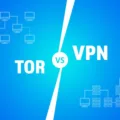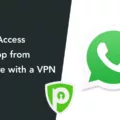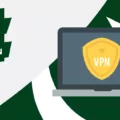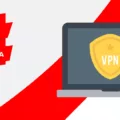A Virtual Private Network (VPN) can be a great way to protect your online privacy and security. It allows you to access the internet anonymously by masking your IP address. But what is an IP address, and how do you find out what your VPN IP address is?
An IP address, or Internet Protocol address, is a numerical label assigned to each device connected to the internet. It serves as a unique identifier that helps different devices communicate with each other over the internet. It also helps websites and services identify where requests are coming from.
Your VPN IP address is the one assigned by the VPN server when you connect to it. This means that instead of using your real IP address, websites, and services will see the one provided by the VPN server. This makes it harder for them to track you online and keep tabs on your activities.
To find out what your VPN IP address is, simply connect to the VPN server of your choice and check its “network settings” page or “status page” (depending on the VPN service). Your third-party IP address should be listed there. You can also use free tools like whatsmyipaddress.org or ipchicken.com/ to check your external IP address before connecting to the VPN server and then again after connecting; this will show you if your IP has changed after connecting to the VPN server.
It’s important that you keep an eye on what your external (VPN) IP address is from time to time as this will help you ensure that your connection is secure and private at all times.
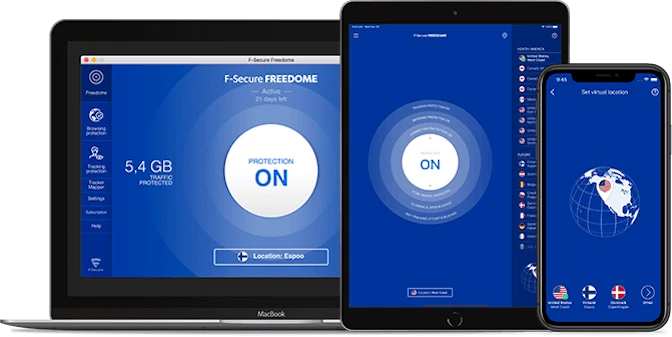
Does a VPN Reveal Your IP Address?
No, a VPN does not show your IP address. A VPN is a virtual private network that provides privacy and security online by encrypting your internet traffic and hiding your real IP address. When you use a VPN, all of the data that is sent between your device and the VPN server is securely encrypted. This means that any third parties that may be monitoring your activity will not be able to see or track your real IP address. Instead, they will see the IP address of the VPN server you are connected to, making it appear as though you are accessing the internet from another location.
Finding Your VPN IP Address on an iPhone
To find your VPN IP address on your iPhone, first, make sure you’re connected to the VPN. Then, go into Settings and tap Wi-Fi. Scroll down to the lowercase i next to the network you’re connected to and tap it. You’ll see an option called ‘IPv4 Address’. This is your VPN IP address.
What Are the Benefits of Using a VPN?
Your IP address is your unique identifier that lets websites, services, and other computers on the internet know where to send data. It’s like a zip code for your computer. When you use a Virtual Private Network (VPN), your IP address is changed so that it appears as if you are connecting from somewhere else. This means that your online activity is kept anonymous and secure, as your true IP address is hidden from websites and other users. VPNs also allow you to bypass geographic restrictions and access blocked content, such as streaming sites.
Does Everyone Using a VPN Have the Same IP Address?
No, not everyone on a VPN has the same IP address. VPNs typically use shared IP addresses, meaning multiple users share a single IP address when accessing the internet. This improves privacy by making it difficult to trace online activity back to any single user. However, some VPNs also offer dedicated IP addresses, which are not shared among multiple users. Dedicated IPs are less likely to be blacklisted by websites and services, providing enhanced security and reliability.
Does a VPN Change IP Address Every Time?
Yes, VPN does change your IP address every time. When you connect to a VPN server, all of your internet traffic is routed through that server. This means that your public IP address is changed to the server’s address, making it appear as if all requests are originating from the server. Your real IP address remains hidden, and all websites and services will see the IP address of the VPN server instead of yours. Additionally, many VPN providers will assign a different IP address each time you connect to the service. This helps enhance your privacy and security even further.
Conclusion
In conclusion, using a VPN IP address is a great way to protect your online privacy and security. It prevents third parties from tracking or mishandling your data by encrypting it and assigning you an anonymous IP address. This means that your activity won’t be stored, as well as any malicious actors from gaining access to your personal information. Additionally, using a VPN makes it possible for you to access geo-restricted content, making it an excellent choice for those who are looking for an extra layer of protection and flexibility online.

